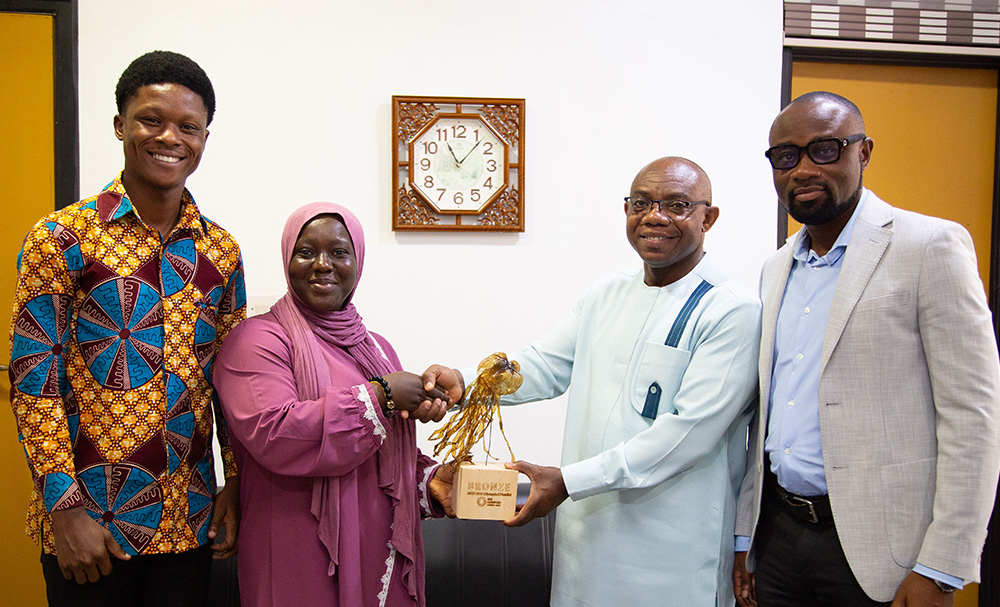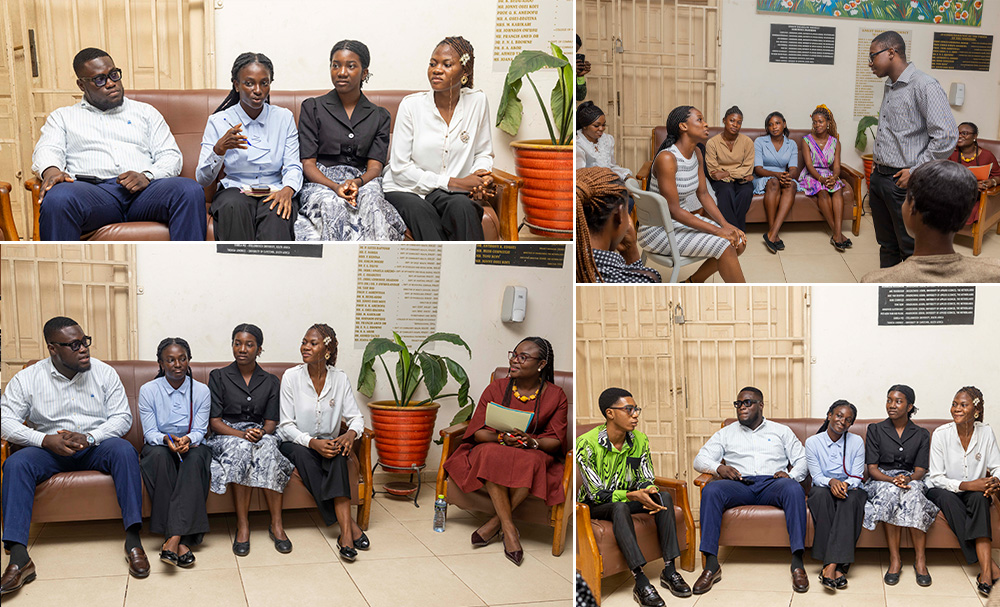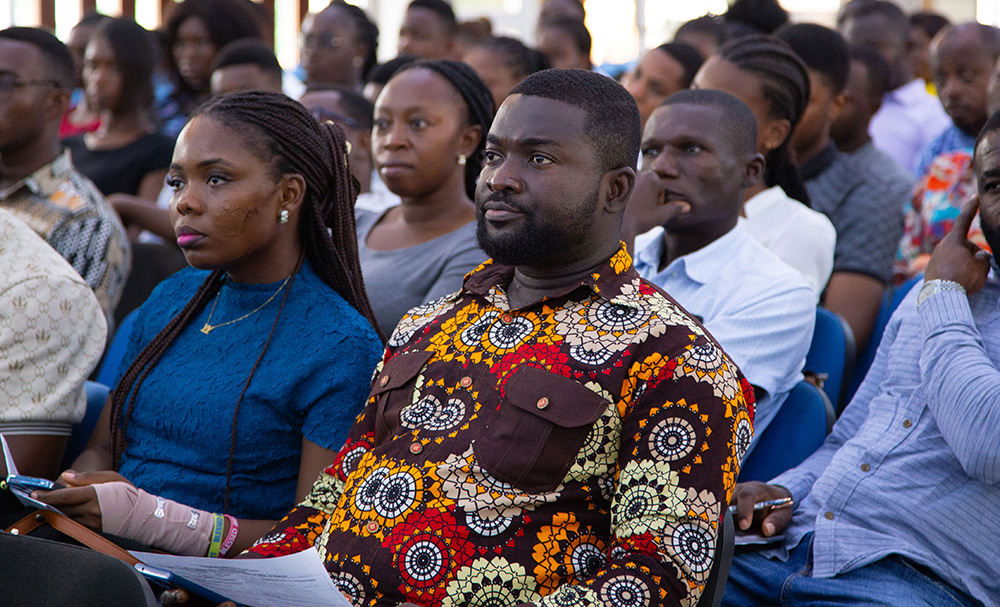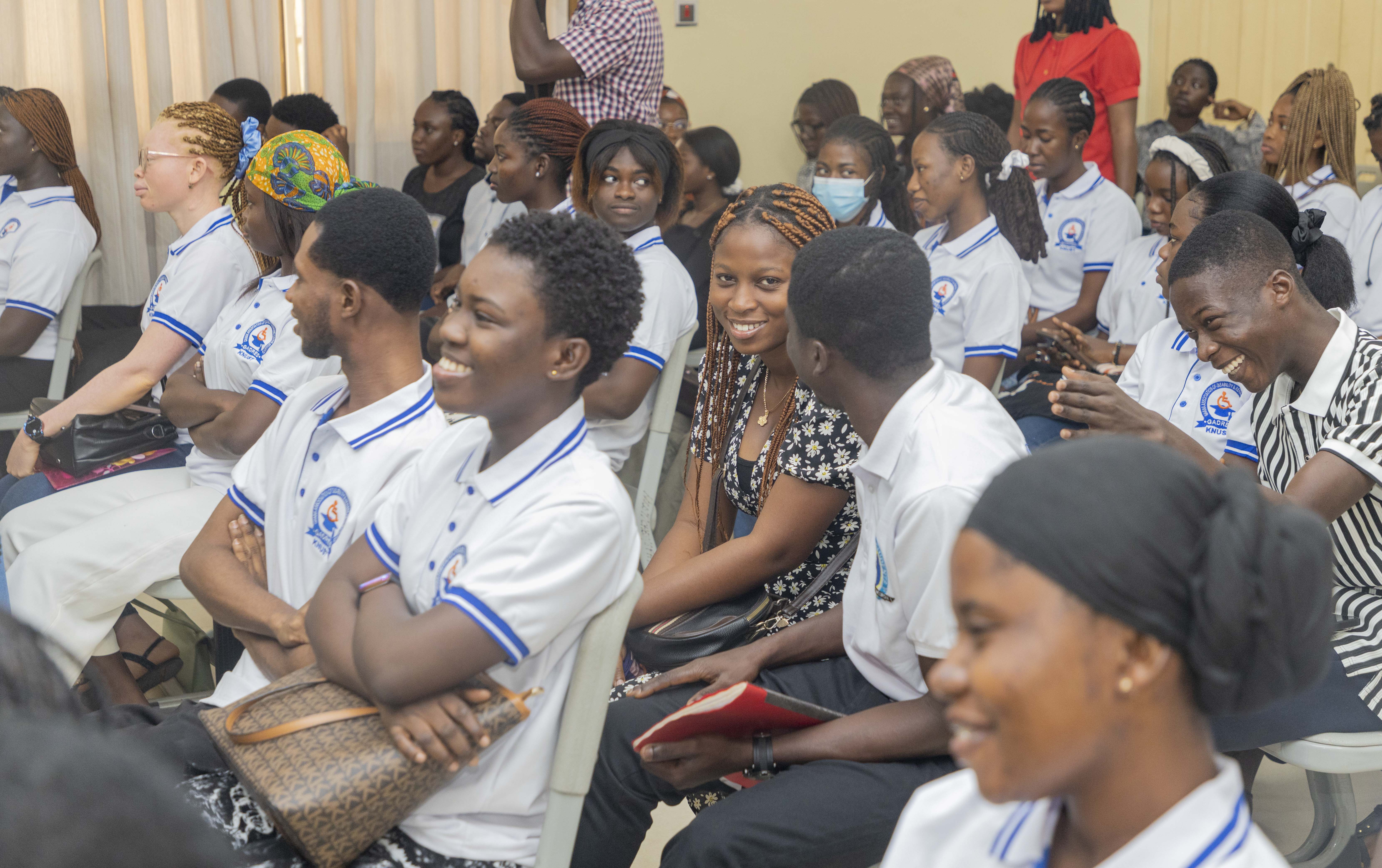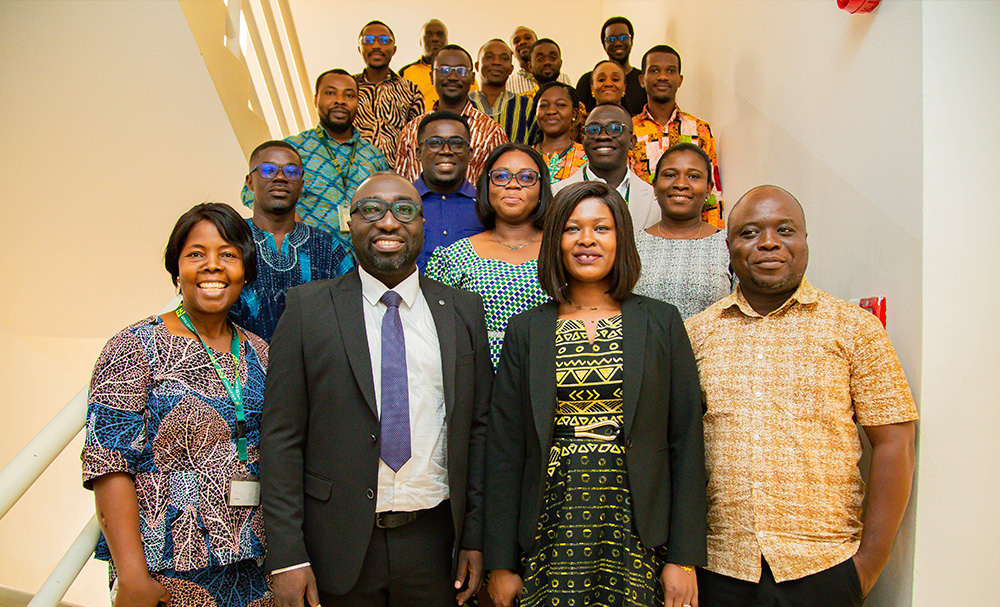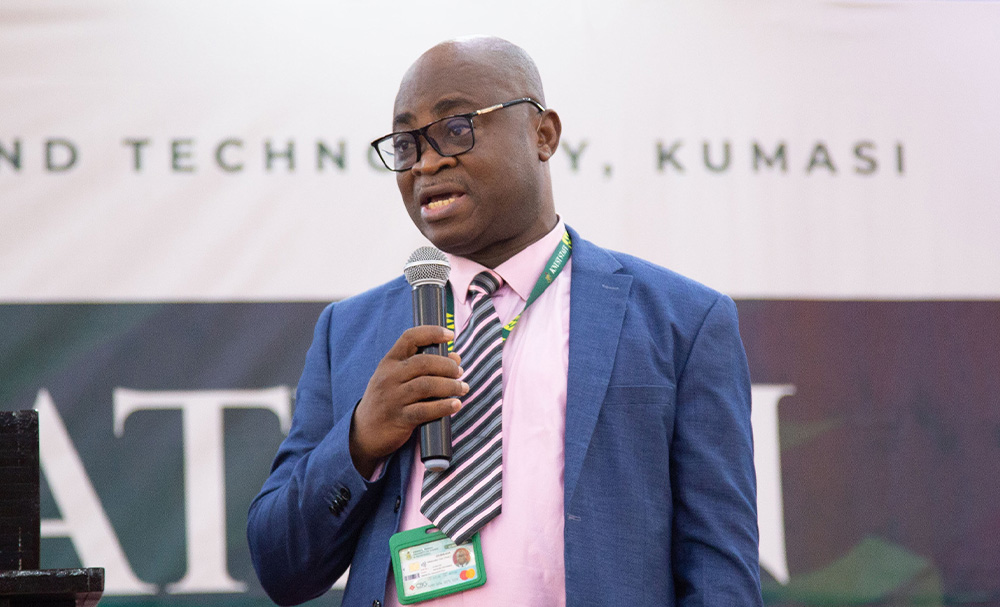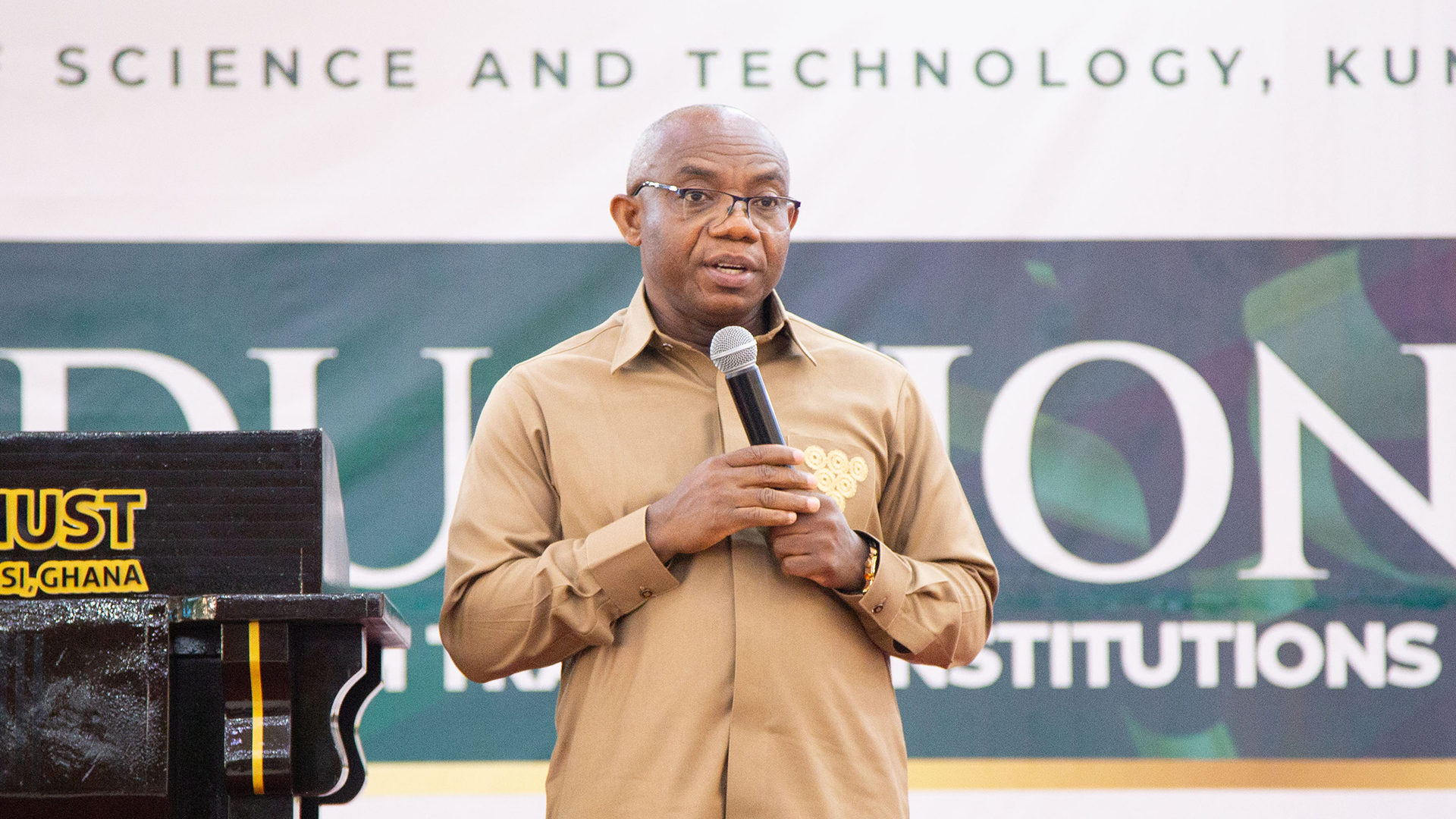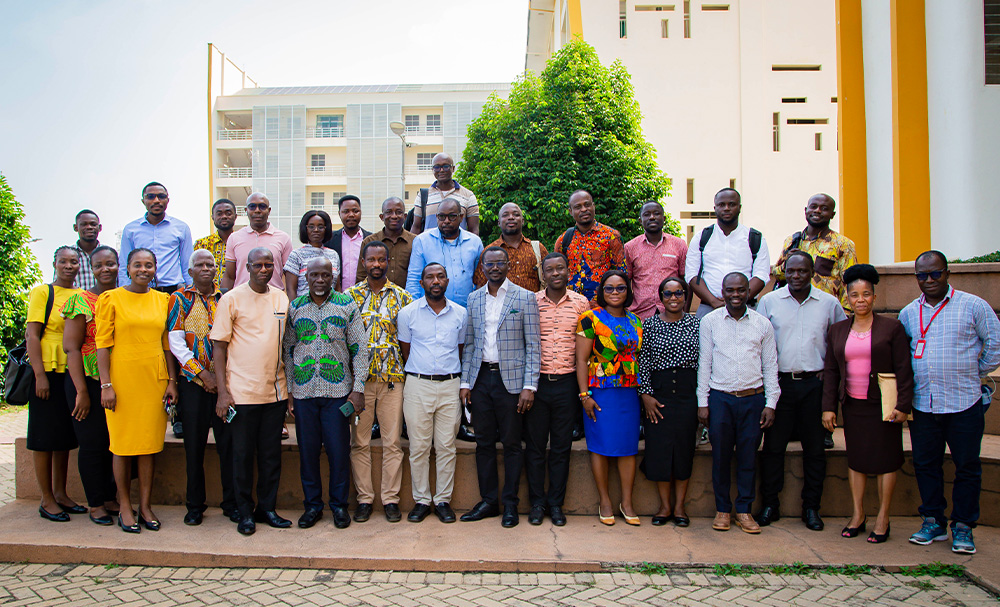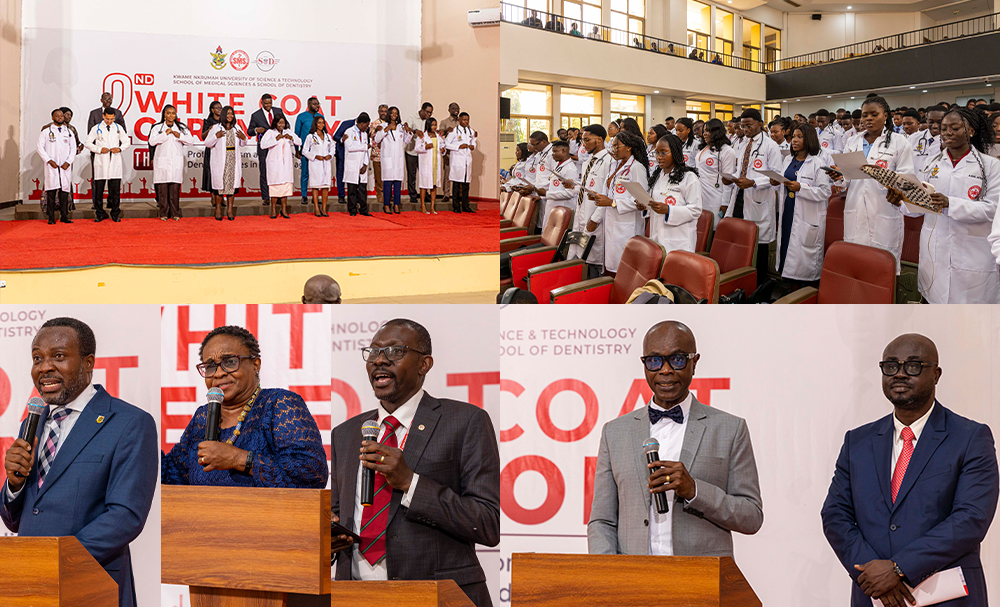Senior Members of CHS Attend CPD programme on Ethical and Legal Issues in Healthcare
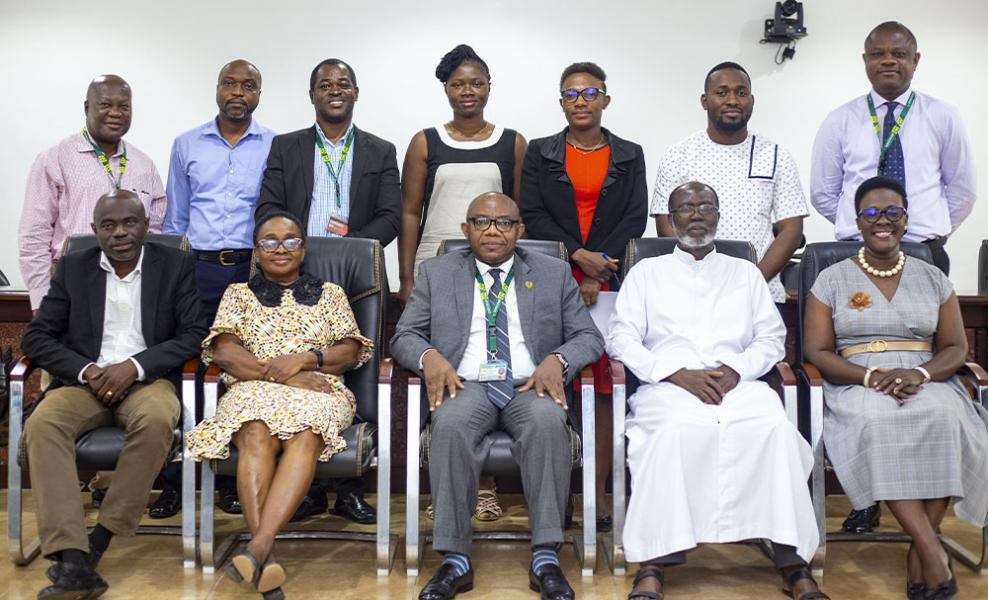
The College of Health Sciences (CHS) of the Kwame Nkrumah University of Science and Technology (KNUST) has held a Continuous Development Programme for Senior Members of the College. The event was dubbed: Ethical Issues in Healthcare in Ghana.
Provost of the CHS, Professor Christian Agyare lauded the efforts of the organisers and commended participating staff both online and in-person for availing themselves of the event. He informed faculty that concerns on accreditation of programmes are being given the needed attention.
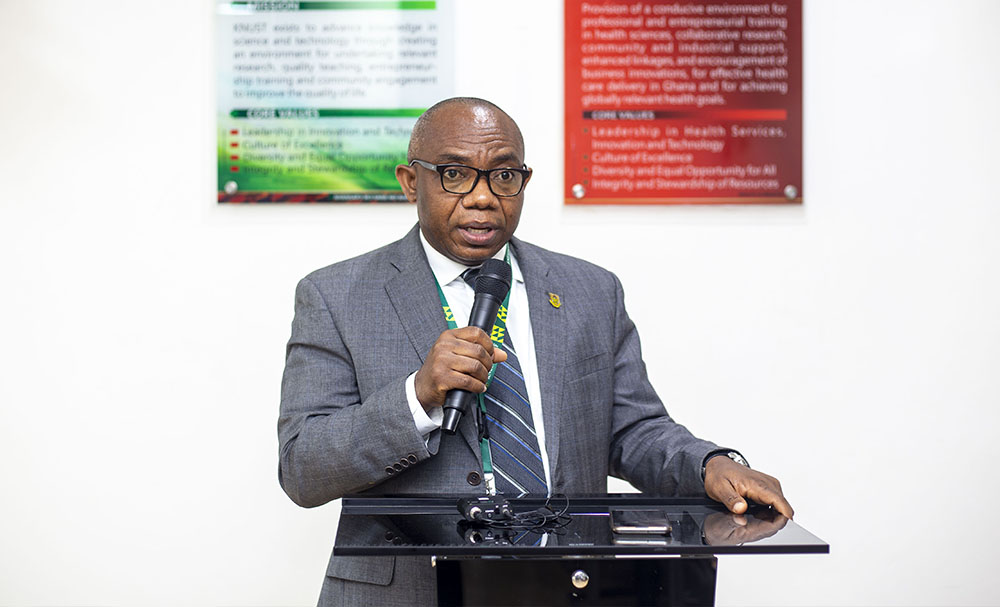
Professor Agyare encouraged faculty to help retrieve funds from students who are in debt and not in good standing with the College as currently over one hundred thousand dollars is in debt.
Speaking on Ethical Issues in healthcare in Ghana, Rev. Fr. Professor John Appiah-Poku, said in its pristine form, the medical profession is a moral enterprise in which practitioners profess to come to the aid of the sick with their expertise and never injure them. The Hippocratic tradition puts it in a realm of a call to be a certain kind of person who holds him or herself bound to live a certain reality in their relationship with the patient and their relations.
Professor Appiah-Poku said it is a commitment, a life one lives and not a job to do, but to make a choice to be held by an oath is different from applying for a job which constitutes a significant difference in the call to the medical vocation.
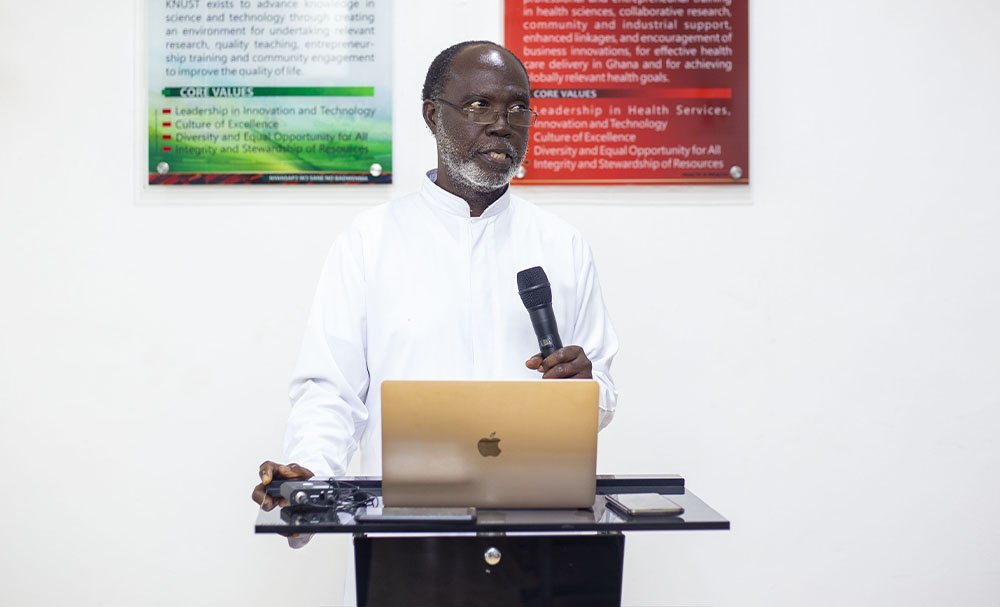
He said the virtues and rights, character and duty, principles and personality all have a place in ethics. The profession of medicine imposes on the doctor certain obligations and imparts on the sick some rights. The rights of the sick define the obligations of the physician and the duties of the physician derive from the needs of the patient.
Professionally, the medical codes were written of the moral obligation assumed by persons who professed to help the sick. Therefore it is a lived ethic in the sense of a commitment to objective moral standards constituted the essence of the profession.
The profession of medicine imposes on the doctor certain obligations and imparts on the sick some rights. The rights of the sick define the obligations of the physician and the duties of the physician derive from the needs of the patient. Professional conduct should include altruism, accountability and excellence. The medical profession has the characteristic of duty, honour and integrity, and respect for others.
Morally, the healthcare professional has the duty to help cure, promote and protect patients’ health, confidentiality, dignity, and respect patients’ autonomy and privacy in addition to delivering quality medical service to the patient. He advised practitioners to be courteous, compassionate and have common sense.
In ending he reiterated that medicine is a moral enterprise, a commitment to help and cure the sick and never to injure them, therefore it is not too much to demand healthcare professionals to be people of virtue.
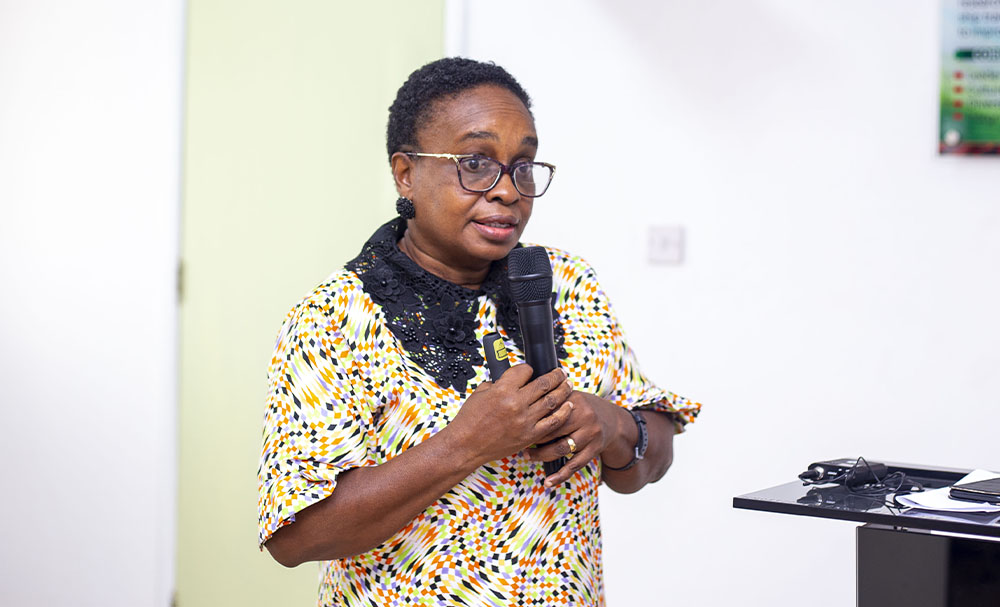
A member of Faculty, Dr. Gyikua Plange-Rhule explained negligence as failure to exercise the due care that a reasonably prudent person would exercise under similar
circumstances. On malpractice she said it is a is professional negligence, Malpractice is therefore a type of negligence, and Medical Malpractice a type of Malpractice. All three components of negligence must be proved by the accuser in law cases.
She stated that though healthcare professionals should not fight obvious cases, they should not always roll over and accept charges of negligence but be involved in their defense if they do decide to contest, because medicine is a very technical area.
Dr. Plange-Rhule said practitioners must learn to communicate medical facts in layman’s English to judges, Lawyers and others. She cautioned that being respectful and professional with patients before and after the incident makes them less likely to litigate but doesn’t eliminate it entirely. She encouraged healthcare professionals to have good clinical practice and excellent documentation skills. However, they must accept that with the best clinical practice, things may still go wrong.
